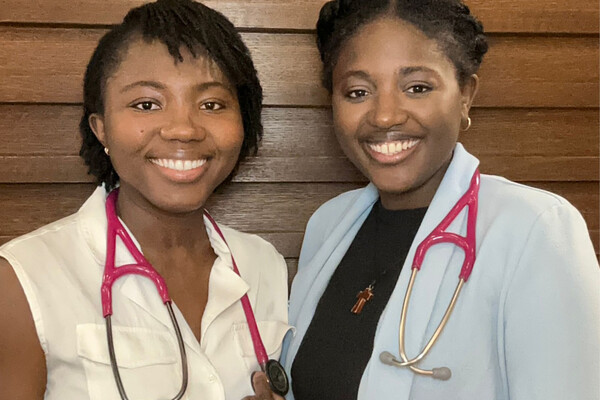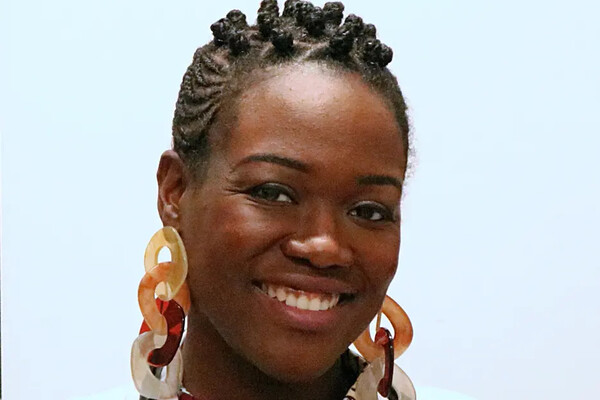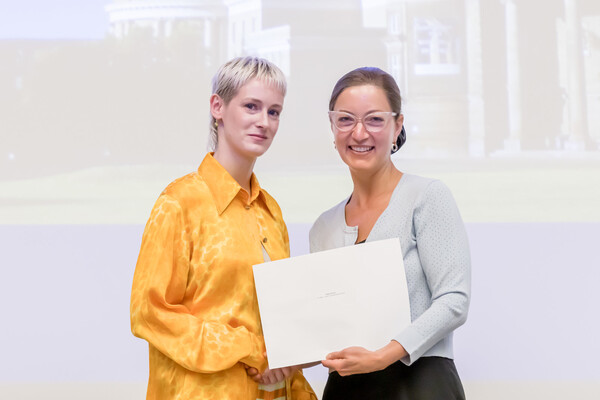Class of 1T9: Lessons From Medical School
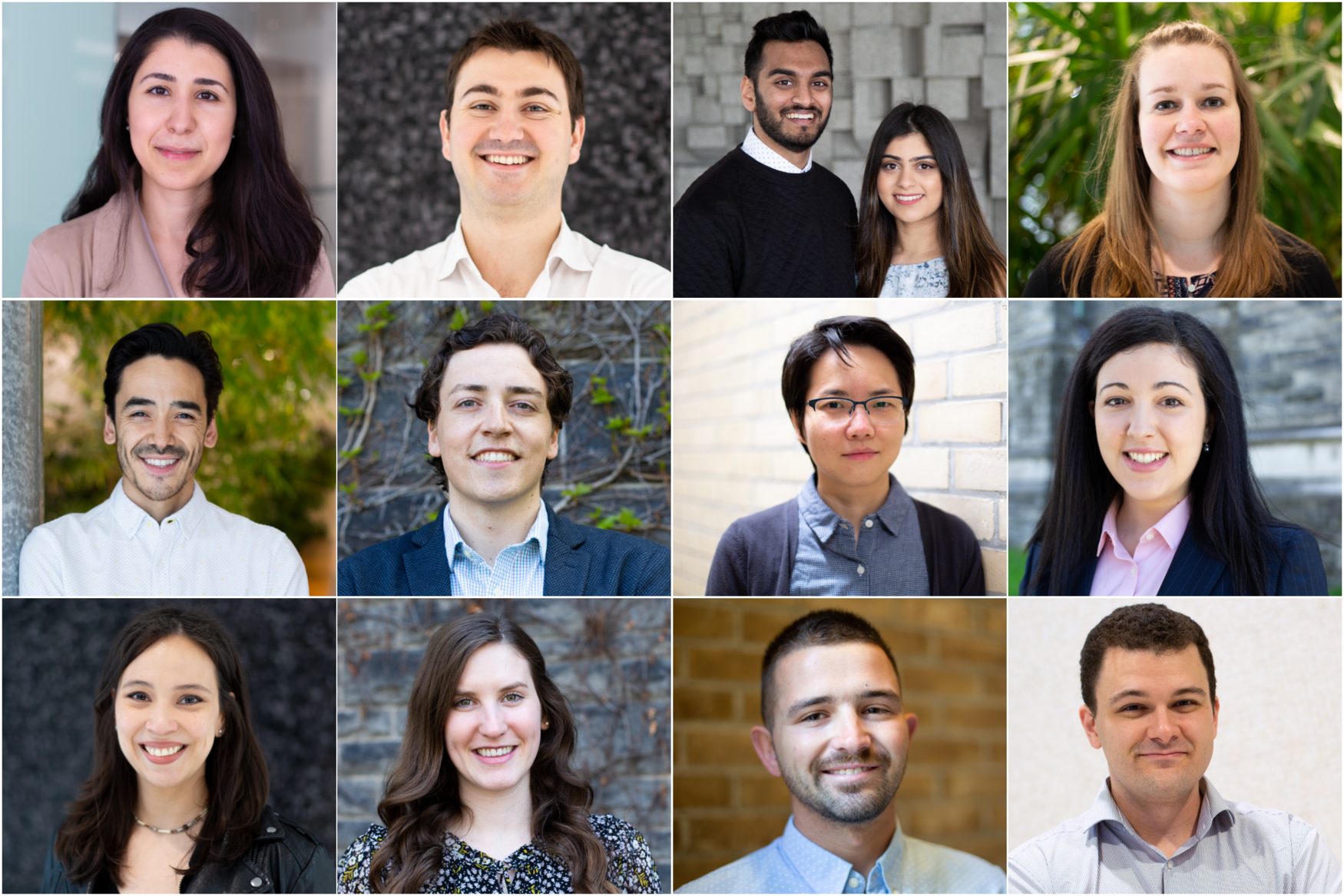
Julia Soudat
Students from the MD Class of 1T9 shared the most valuable lessons they've learned in medical school.
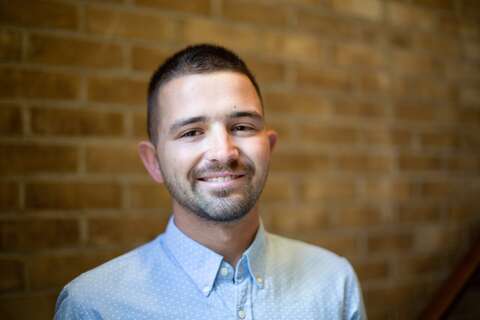 Curtis Sobchak
Curtis Sobchak

One of the first things I was told in medical school from a more senior student was that medical school was about, “falling in line, doing what everyone else was doing, and trudging along until match day.” Having come out on the other side, I have to say that statement is completely wrong. Medical school opens many doors into many pathways, and whether these doors lead to observing in the operating room, learning in remote countries, facilitating focus groups based on interests, or doing patient-based or lab-based research, all of these help us become unique in our own way. Therefore, medical school was a time to delve in, try as many things as possible and be exactly and whoever you want to be.
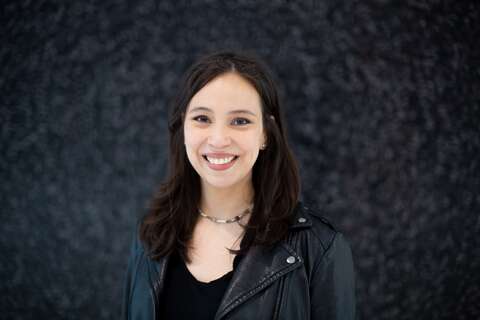 Celina Nahanni
Celina Nahanni

Medicine is the kind of career that you can really give everything to and it will never be enough. There is an unlimited need in the world for medical services and the definition of medical treatment is always evolving. It’s really important to draw boundaries around your own time and priorities so you can have a sustainable career while balancing the benefit of clinical exposure. I’m not always the best at doing this, but I understand how important it is since having a baby between third and fourth year. I can think of a number of times that I wish I’d stayed later to see an interesting case, and times when I think I should have left earlier to see my family. There aren’t any easy solutions, but it’s really important to set priorities and stay true to yourself.
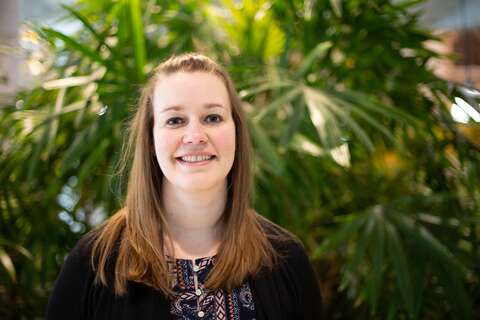 Robyn Elphinstone
Robyn Elphinstone

Taking care of yourself is important and often undervalued. If you don’t take care of yourself then you can’t take care of your partner, your friends, your family, your peers or your patients. Part of this is knowing that taking a break to eat, go to sleep early or go to the gym may actually be more valuable than the extra couple of hours of studying. Life only gets busier and more complicated, it is important to build self-care in to your routine as early as possible so that it becomes your norm.
Tests are important but, ultimately, they are only tests. What is more important is the ability to learn and apply that knowledge in the clinical setting, the ability to communicate with your patients and with your peers, and the ability to work well as a member of the team. It is important to remember why you’re doing this and the long-term purpose of medical school, and not get swallowed up by the short-term end points, like trying to ace that next test.
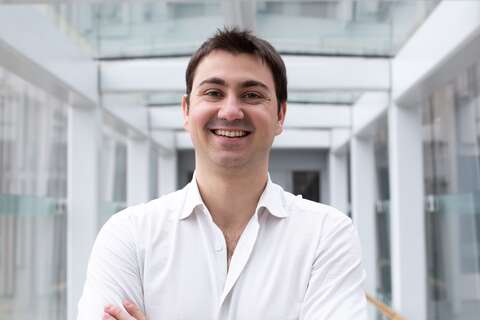 Michael Gritti
Michael Gritti

Our final lecture of medical school was titled, ‘The Emperor of Ice Cream.’ It was given by the wonderful Dr. Richard Wells and the finale of the talk was Dr. Wells reading a poem. The poem was complicated but the essence centred on a metaphor relating ice cream to life. Everyone loves ice cream, it brings happiness, people are excited to eat it and it tastes great. However, if you don’t eat it while it’s ready, it will melt away and you will never get it back. That’s life. As medical students we are fantastic at delaying satisfaction for a greater goal, but the most important lesson I learned while in medical school was to enjoy life when I can because if I don’t, it will most definitely melt away…
 Neha Puri
Neha Puri

Maintaining friendships with those outside of medicine in addition to those in medicine is so important. While my friends in medicine were my go-to people to discuss difficult patient cases and exam stress, my non-medicine friends kept me grounded and cheered me on during the tough moments.
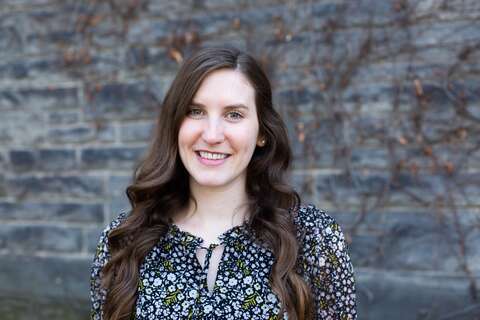 Natalie Pulenzas
Natalie Pulenzas

Be kind. These are words we are often taught from a very young age. Seems obvious, right? But in medical school with so many new challenges and experiences, it becomes even more important. First of all, be kind to yourself and show this kindness to your fellow classmates as well. Take advantage of the opportunity to build new friendships with the amazing people in your class. I remember being told during orientation week by our faculty, “life happens.” Reach out and support each other if difficult personal events do happen, you may not realize how much it means to someone. During medical school, my grandmother passed away and my friends from school wrote me a card, put together a basket full of goodies, and made me a home cooked dinner. I cannot even put into words how much I appreciated it. Lastly, be kind to your patients. There will be people you meet who have incredibly inspiring, heartbreaking or unique stories. Take a few minutes to learn about them and who they are as people. What may be a routine day at work for you, could be one of the worst days of your patient’s life. As medical students we may not always know the patient’s diagnosis or treatment plan right away, but we can always show compassion and care.
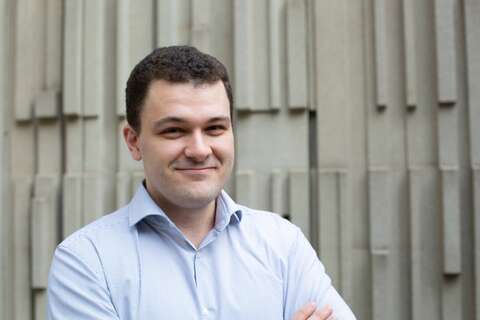 Kirill Zaslavsky
Kirill Zaslavsky

The most important lessons are learned on the wards, seeing patients, and interacting with your colleagues. You develop an appreciation for how resilient – and how fragile – humans can be. Slowly but surely, you realize that even at this early stage, the effort you make with your patients can significantly affect their trajectory through the healthcare system. Despite this, you learn that at times very little is under your control, and that even if you do everything right, you can still lose. You also receive lots of feedback – it important not to take it personally, but to extract the actionable information that helps you improve and learn. And last but not least, be kind to yourself at the end of the day.
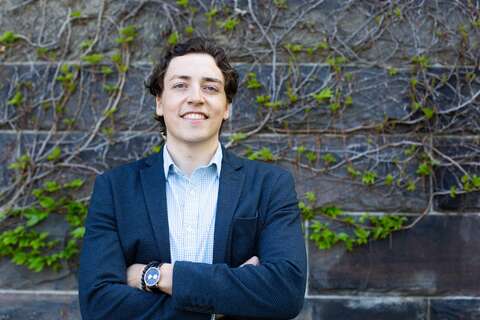 Drew Mulhall
Drew Mulhall

- Impostor syndrome is a real thing that (almost) everyone experiences.
- The more you learn, the more you realize how much you don’t know — it is a career of life-long learning.
- Friends and family are the biggest supports — do not take them for granted.
- As a member of a healthcare team, it is such an incredibly unique privilege to support individuals during their most challenging and vulnerable moments.
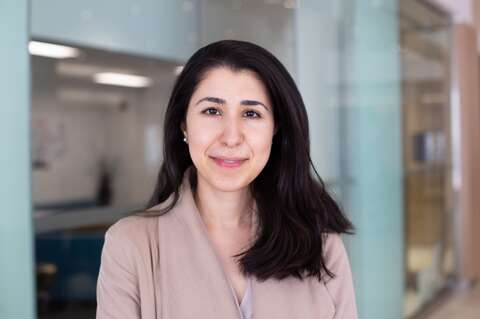 Tara Tofighi
Tara Tofighi

I think one of the lessons I will take away from medical school is community—although so much of clerkship involves moving from team to team, city to city, the one constant is moving through together. For me, one of the biggest takeaways and best memories are celebrating milestones together, learning from each other, and investing in the people we met from orientation week to the fourth-year tour.
Another important lesson was to become comfortable identifying what is unknown—to be open about the limits of what I knew and didn’t know. You’ll find medicine tends to draw people who love to teach and learn—reflecting on the gaps created opportunities to learn from peers and the teams we work in.
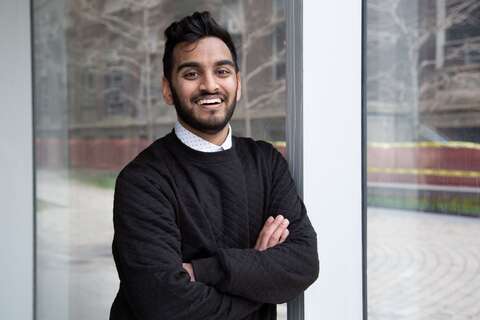 Rohit Vijh
Rohit Vijh

I’ve learned the importance of being kind and compassionate to yourself. Medical education is a strenuous process that takes a huge psychological and emotional toll. The long hours of working and studying can engulf you and it becomes easy to neglect your own well-being. Being able to carve out time or saying no to opportunities in order to heal and foster your own resilience is extremely important. You are not going to be good to anyone if you are not good to yourself.
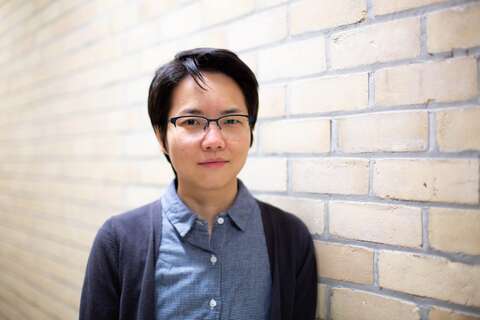 Florence Wu
Florence Wu

I have had memorable clinical encounters that repeatedly reminded me of John Lennon’s lyrics – “Life is what happens to you while you’re busy making other plans.” Life is short. It is important to be grateful and kind.

Tyee Fellows
- To hold people’s attention now-a-days, use bullet points (ideally in multiples of 3, 5 and 7).
- If there’s an issue, it’s probably a communication issue.
- Every 90-year-old I have met exercises daily.
- Bravery correlates inversely with age.
- Physicians may make our tests, but patients are the ones who mark them.
- Question everything, even what I’m saying.
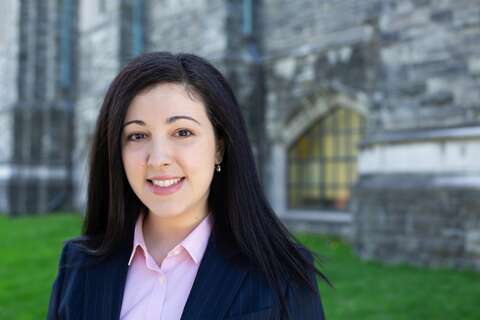 Nina Mazze
Nina Mazze

The most important lessons in medical school were taught by patients. Every clinical encounter was an opportunity to not only recognize the social determinants of health, but to also appreciate how they uniquely impact each patient. Understanding the biopsychosocial elements of health allows me to critically reflect on health inequities -- an ongoing lesson that will shape my research, advocacy and clinical practice.
News
